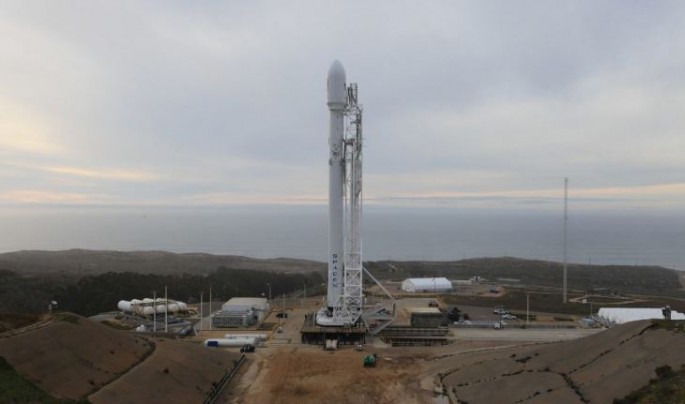SpaceX said will again send its Falcon 9 rockets on near Earth space missions on Jan. 8 after announcing it's discovered with certainty the cause of a spectacular accident on Sept. 1 that destroyed a Falcon 9 on the launchpad.
Its first payload after the accident will be 10 communications satellites worth a combined $3 billion for Iridium Communications, Inc. an American firm based in Virginia that operates the Iridium satellite constellation in low Earth orbit.
The 10 Iridium satellites will act as relay stations for the company's mobile voice and data network. They will be the first of 81 satellites Iridium will send into orbit over the next few years.
Iridium doesn't seem to be worried about the Jan. 8 launch, however.
"We've been privy to the thinking and the analysis and the data involved at a very deep level," said Iridium CEO Matt Desch.
"So, yes, we know why he is saying what's he's (Elon Musk's) saying and concur that they have found the issue. We're encouraged, too, that it was procedural ... We are back on the path for a first launch and, yes, I feel very confident that the issue that was found won't be repeated for our launch."
SpaceX said one of its unmanned Falcon 9 rockets exploded while being fueled at Cape Canaveral Air Force Station ahead of an engine test firing. The enormous fireball completely destroyed the rocket and its satellite payload while extensively damaging the launch facilities.
The accident was only the second launch failure for SpaceX.
SpaceX said it traced the cause of the accident to a pressure vessel in the second-stage liquid oxygen tank. The tank buckled and supercooled liquid oxygen pooled in the lining. The fuel was ignited by the friction from breaking fibers.
The company said it plans to change the way it loads fuel as a short term fix. A lasting solution will be to change the design of the pressure vessels to prevent buckling.
SpaceX founder Elon Musk said the accident was "turning out to be the most difficult and complex failure we have had in 14 years."
SpaceX led the investigation overseen by the Federal Aviation Administration (FAA); the U.S. Air Force; NASA and the National Transportation Safety Board.
The conclusions of the company's investigation, however, have yet to be approved by the FAA, which has yet to provide SpaceX with a license to launch for Jan. 8.
SpaceX's statement means it's confident federal agencies will approve its remedies for the problem and that it will soon receive approval to fly rockets into space again.



























